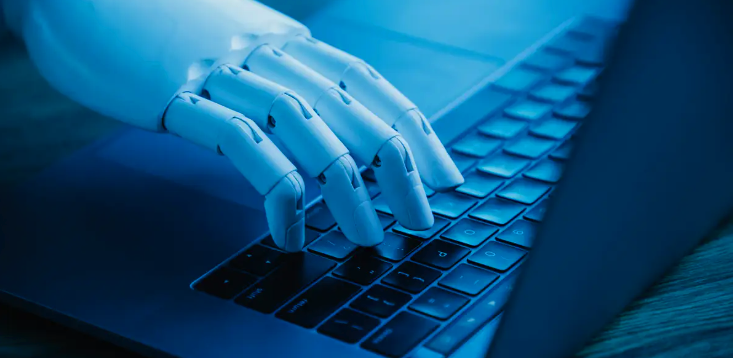Goldman Sachs: AI Could Automate 300M Jobs
A new report released by Goldman Sachs says generative artificial intelligence (AI) might eventually replace the equivalent of 300M full-time jobs worldwide.

Facts
- A new report released by Goldman Sachs says generative artificial intelligence (AI) might eventually replace the equivalent of 300M full-time jobs worldwide.1
- Goldman Sachs economists say AI's impact will vary across different sectors – predicting that 46% of tasks in administrative and 44% in legal professions could be automated, but just 6% in construction and 4% in maintenance sectors.2
- As 18% of work could be automated worldwide, the report estimates that Hong Kong, Israel, Japan, Sweden, and the US could be the most affected, while China, Nigeria, Vietnam, Kenya, and India are the least likely to see their workers' jobs automated by AI.3
- Meanwhile, the bank predicts a 7% boost in global GDP as it says AI will create new jobs, reduce labor costs, and increase productivity.4
- In 2021, the total global corporate investment in AI reached nearly $94B. Currently valued at around $142B, the global AI market is expected to grow 20-fold by 2030, up to almost $2T.5
Sources: 1CNN, 2BBC News, 3The West Australian, 4Independent, and 5Statista.
Narratives
- Narrative A, as provided by The Hill. AI is advancing so rapidly that no jobs in white- or blue-collar sectors are safe. Bloodless CEOs, emboldened by the COVID pandemic, have determined human beings are the weakest link in their pursuit of profit. As soon as AI can replace people, it will, forcing them to pick occupations that can’t be replaced by technology.
- Narrative B, as provided by Bloomberg. While AI may displace or take up some jobs, it's also a positive force that will create new jobs, growth, and opportunities across sectors. AI's rapid advancement will continue to play a significant role in shaping the future of work, ultimately driving productivity across the economy and improving our jobs rather than taking them away.
Predictions





